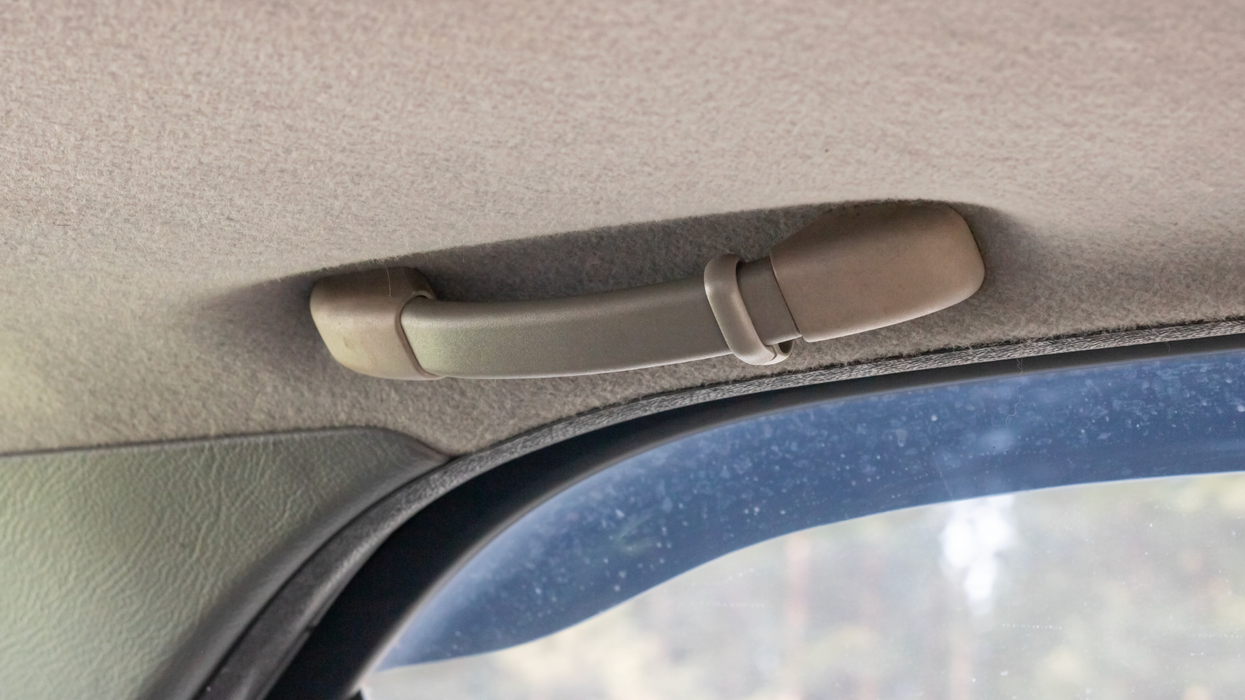The manicured grounds of Stone Barns boast flocks of handsome turkeys, chickens, and sheep. Heritage-breed pigs root around in the hardwood forest near steaming compost piles. At Blue Hill restaurant, the menu revolves around the idea of a farmer’s feast, where cooks plan and prepare each night's dinner around the day’s harvest. And the fabled pedigrees extend to the place itself. The Rockefellers set up the barns in the 1890s.
So it’s probably not the first place you’d think of if you were looking into how science and technology are revolutionizing what we eat, but it's where chef Dan Barber has been pioneering some unusual techniques, ones that set him apart from the 13 other chefs who have speaking in front of Harvard’s star-studded Science & Cooking Public Lectures.
"So it's going to sound, if you've heard these chefs, like I'm on the other end of the spectrum—The Purity Guy—that I don't believe in molecular gastronomy and the Ferran Adrias of the world because they're all about manipulation, science, complexity in the form of this manipulation of ingredients. The truth is it couldn't be less true," Barber said. "I’m not as interested in manipulating ingredients when they come in the kitchen, I'm much more interested in the manipulation—and I use that word cautiously because I don't want it to take on a pejorative tone—I'm interested in looking at the science and choices that one has before ingredients come into my kitchen."
Barber goes on to explain how his recipe for the braised lamb involves giving sheep sonograms (to better tell if fat has penetrated the meat around a lamb's 12th and 13th rib, something that's been difficult for farmers raising animals with chewy meat on grass instead of grain). Then, things started sounding weird. He makes carbonized pig bones, corn, and lobster bodies out of restaurant waste and, in some cases, uses this lobster biochar to make a fire and cook a smoky, grilled "lobster times two" dish.
Barber's cooks also cooked potatoes inside a compost pile (as dead matter decomposes, compost heats up to around 140°F), a concept you might think was reserved for a heady column in Mother Earth News. [The staff at Blue Hill asked me to clarify by saying these potatoes were part of an experiment and are not served on the restaurant's menu.]
Trying to infuse the flavor of hazelnuts into celtuce (another concept) or cooking with biochar might sound outlandish, but here's a smart chef who really believes that the hedonistic pursuit of flavor can also have great ecological and nutritional implications. And that's well worth thinking about.
Watch the talk (Barber starts in around 15:00).
[youtube]https://www.youtube.com/watch?v=M0xIS7Ib7K4
















 Otis knew before they did.
Otis knew before they did.